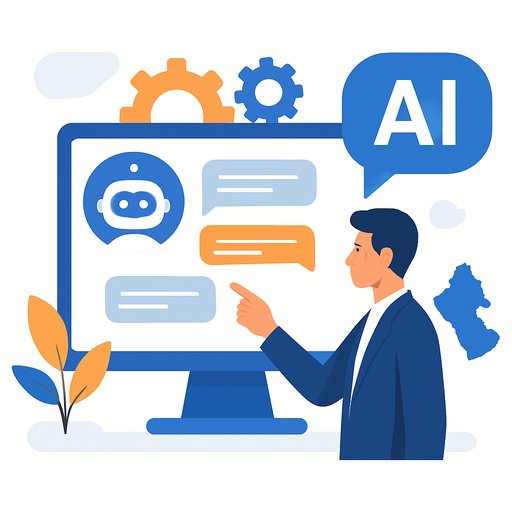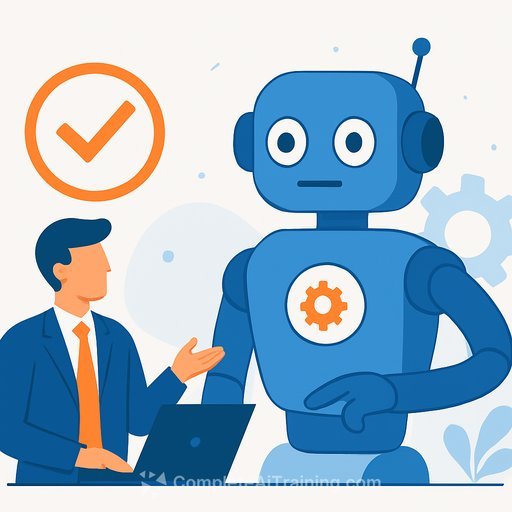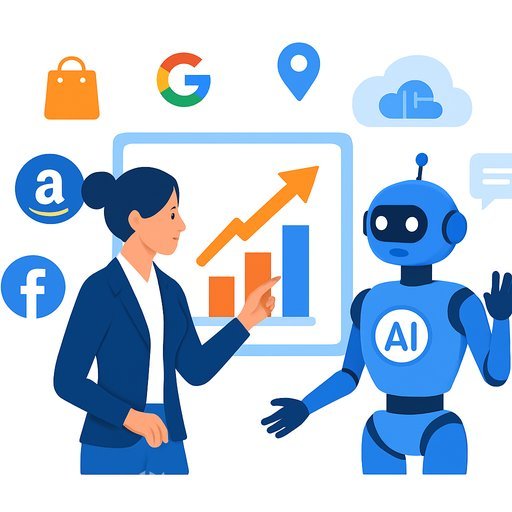Future-Proof Your Customer Support Career: 8 Strategies to Thrive with AI and Automation
AI is reshaping support. Chatbots handle common questions, LLMs draft replies, and automated routing trims queue times. The work left for humans gets more complex, more emotional, and more valuable.
According to the 2023 Future of Jobs report, 44% of skills will be disrupted within five years. Roles in support are shifting every 3-5 years, so your edge is the ability to learn fast and switch gears, not a fixed job title. Source
As Pravesh Dudani put it, "Adopt a lifelong learner mindset. Invest in digital fluency. Strengthen soft skills." Dr. Vibhav Singh added, "Learning agility will be the key. Build the right blend of technical and human-centric skills."
1) Adopt a lifelong learning mindset
Learning ends when your career ends. Stack small skills weekly so you can shift roles without starting from zero. Professionals who treat learning as ongoing adapt better during tech shifts, per HBR.
- Block two 30-minute study sessions per week (CX analytics, AI tooling, or conflict resolution).
- Run monthly "skill sprints" with a teammate and review outcomes.
- Create a simple learning log: what you learned, where it applies, and the next experiment.
2) Strengthen human-centric skills
AI writes, routes, and summarizes; it doesn't read the room. Empathy, negotiation, and leadership rise in value as automation grows. McKinsey projects a 24% rise in demand for social and emotional skills by 2030. Source
- Practice de-escalation frameworks (label emotions, align on outcome, propose options).
- Upgrade written tone: concise, positive, action-first replies.
- Host weekly "call breakdowns" to analyze tough conversations and refine language.
3) Upskill in digital fluency
Learn the tools that now sit in your workflow: AI assistants, prompt writing, ticket analytics, and knowledge base automation. Workers with strong digital skills earn more and move faster.
- Get fluent with AI summarization, suggested replies, and prompt patterns for support scenarios.
- Read basic analytics: handle time, FRT, CSAT drivers, and deflection rates.
- Automate recurring follow-ups with macros, rules, and lightweight scripts.
4) Seek micro-credentials and certifications
Short, targeted learning beats year-long detours. Micro-credentials create flexible pathways and keep you market-ready as tools and expectations shift.
- Pursue bite-sized certs in AI for CX, data literacy, or QA.
- Stack credentials tied to your ladder: Agent → Senior → QA/Enablement → CX Ops.
- Explore curated options for support roles on Complete AI Training: Courses by Job and targeted ChatGPT certification.
5) Build a personal brand
Visibility drives opportunity. If decisions happen without you in the room, your work needs to speak for you.
- Post monthly case studies: one ticket, the decision tree, and the outcome shift.
- Share playbooks for tone, macros, and KB updates that improved CSAT.
- Join CX communities, comment with insights, and collect sponsors, not just followers.
6) Embrace cross-functional skills
Rigid specialization limits your options. The strongest support pros speak the language of product, sales, and ops.
- Shadow product to translate bugs into crisp tickets and user stories.
- Partner with marketing to close the loop on feature promises and common objections.
- Run a monthly Voice of Customer report and present it to stakeholders.
7) Prioritise adaptability over mastery
Mastery ages; adaptability compounds. Role experiments and lateral moves build resilience and open new paths.
- Try micro-experiments: one week in QA, one project in enablement, one sprint in CX ops.
- Pilot a new channel (WhatsApp, in-app) and document what breaks and what improves.
- Rotate responsibilities quarterly to avoid single-skill dependence.
8) Protect your emotional well-being
Support work is emotional labor. Resilience and emotional intelligence influence how you respond to automation and org changes.
- Use post-escalation decompression rituals: quick walk, breathing, reset script.
- Adopt a "two wins per shift" scoreboard to anchor progress.
- Schedule deep work blocks for tough tickets; batch easy ones to reduce context switching.
Expert cues worth applying this week
"Invest in digital fluency. Strengthen soft skills." - Pravesh Dudani
"Identify clear learning pathways that align with your goals and the company's needs." - Dr. Vibhav Singh
"Stay curious. Build transferable skills. Pick a specialisation, but stay flexible." - Prof. Dr. Ganesh Kakandikar
Your 30-60-90 plan
- Days 1-30: Audit your workflow. Add AI summarization and better macros. Ship one micro-credential.
- Days 31-60: Run one cross-functional project with product or ops. Publish one public teardown of a tough ticket.
- Days 61-90: Present a Voice of Customer report. Pilot a new channel or deflection flow. Define your next role experiment.
Work is shifting from roles to skills. Organizations are moving toward skill-based talent pipelines, and support is at the center of that shift. Keep your learning compounding and your options open.
If you want a curated path, browse AI-focused support learning on Complete AI Training or jump into a targeted ChatGPT certification to upgrade your daily workflow.
Your membership also unlocks:





